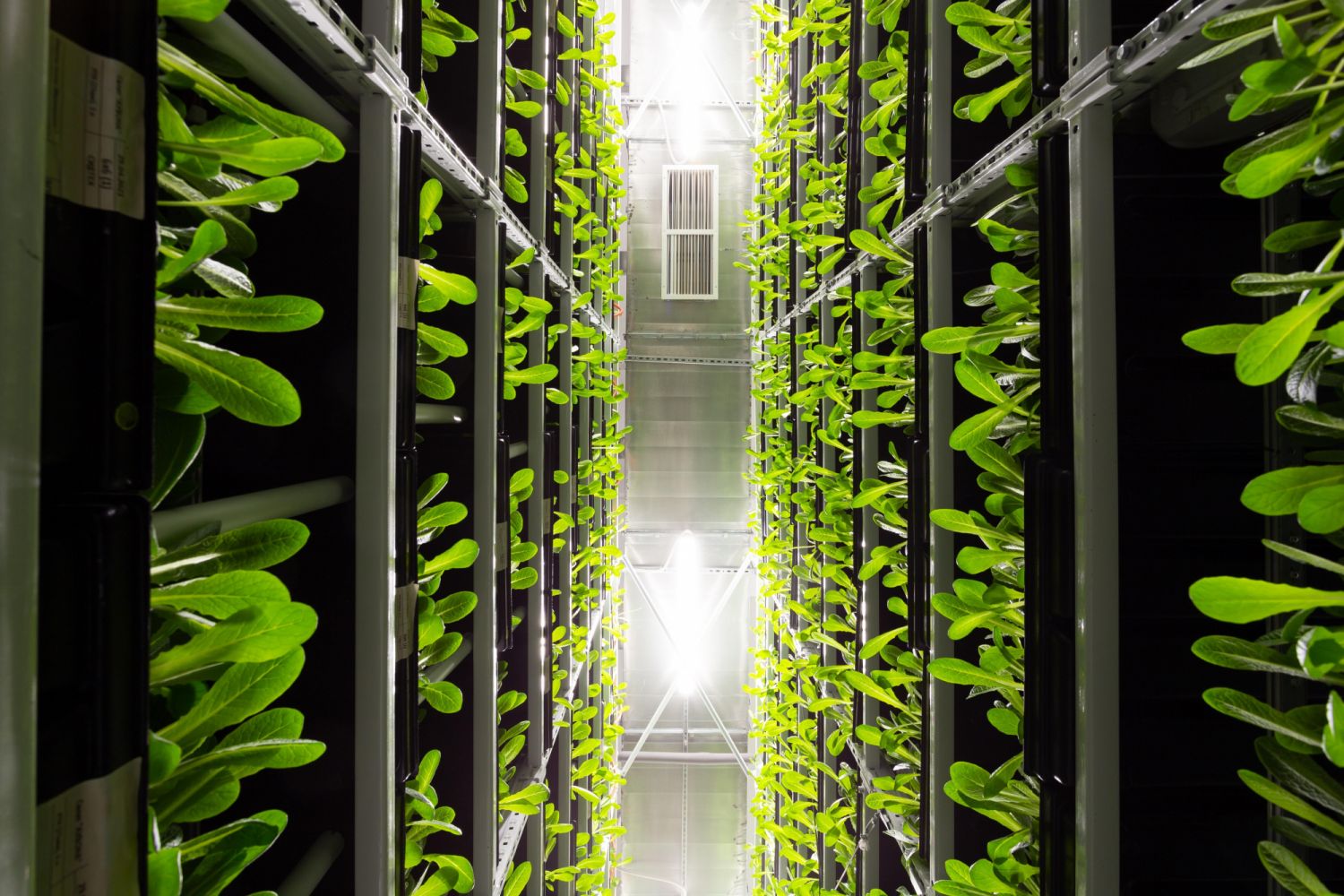Find out how Kebun Kebun Bangsar, Cultiveat and more are catering to Malaysians who value sustainability and social impact
Traditional industrial farming and food transportation contributes to one third of the global carbon footprint. It relies heavily on large swaths of land, water, and pesticides, while giving off immense greenhouse gas emissions as produce is shipped around the world.
Latest reports from The World Bank warn that food insecurity—as supply chain issues continue to be disrupted by the pandemic, political conflict and climate change—is also on the rise. As such, scientists now urge the public to turn toward local food production solutions to counter unsustainable farming practices.
See also: Sustainable Sunday: Award-Winning Architect Dr Tan Loke Mun Plants His Own Fruit Trees
Urban farming is currently the most efficient food production method in cities and more densely populated areas. It is the future of sustainable agriculture, especially for Malaysia, a nation with food import bills exceeding RM55.5 billion in 2021.

There are many new urban farms putting down roots in Malaysia. These farming communities aim to empower locals by giving Malaysians an alternative way of sourcing their food and creating food-independent neighbourhoods.
Below are five urban farms in Malaysia that are prioritising sustainability and social impact. You can support them by buying their produce, donating or volunteering.
